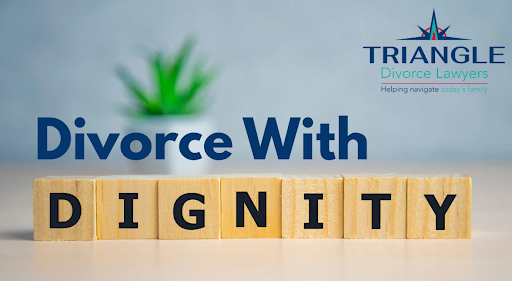It is not unusual for divorced parents in North Carolina to have divergent ideas about the best way to raise their children. In this modern era of constant electronic stimulation, that can mean the two parents have different conceptions of how much internet time is appropriate and how many video games a child should be allowed play. There is an absence of compelling scientific evidence proving that this new media is either harmful or helpful, so one parent has very little ability to compel the other parent to comply with their ideas about appropriate electronic entertainment usage.




